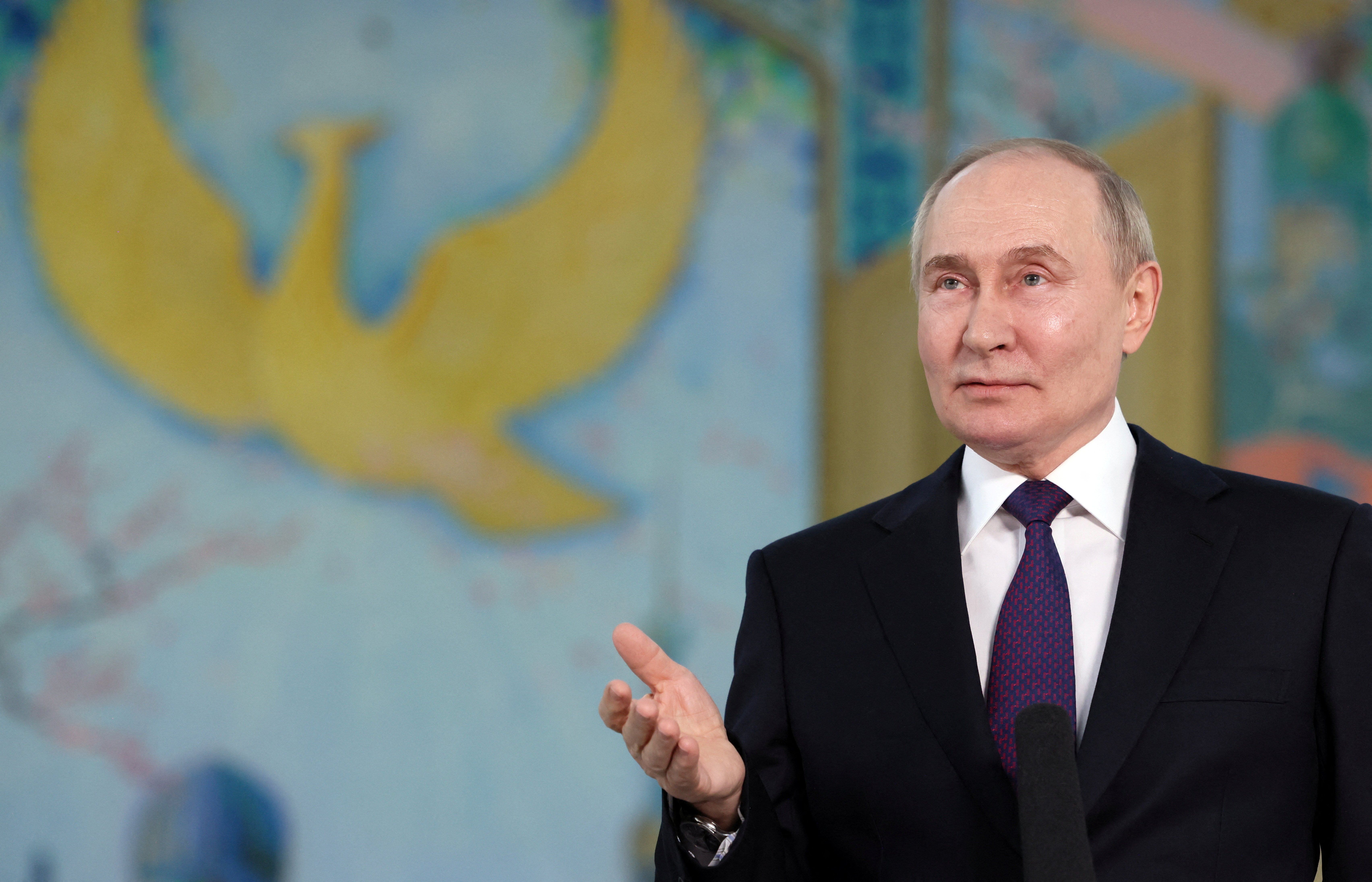2,100: More than 2,100 international firms have stayed in Russia since Vladimir Putin’s invasion of Ukraine in 2022 sparked a raft of EU and US sanctions, according to a study by the Kyiv School of Economics. Why stay? Some are reluctant to leave a market of 140 million people while others are hamstrung by Kremlin rules that impose huge costs on any companies from “unfriendly” countries that try to leave. Still, despite those obstacles, some 1,600 multinationals have done so.
240: The international drug trade is putting cephalopods behind the eight ball now, it seems, as Greek port authorities in Piraeus found 240 pounds of cocaine in a shipment of frozen squid this week. Across Europe, authorities are making record cocaine busts as soaring production from Latin America finds its way into the EU, now the world’s number one market for the drug.
11,000: The Biden administration has announced measures to help the roughly 11,000 small businesses that have formed in Cuba since the impoverished island’s communist dictatorship eased restrictions in 2021. The White House said it hopes the move, which includes access to US bank accounts, will help “stem irregular migration.” In a staggering exodus during 2022 and 2023, nearly 5% of Cuba’s population fled, mostly to the US. Despite the small business move, there’s no sign of further easing of the six-decade-old US embargo against the island.
2,000: A landslide in Papua New Guinea has killed as many as 2,000 people, according to local authorities. The disaster comes amid political turmoil in which Prime Minister James Marape has recently suffered a mass defection from his party and will likely face a no-confidence vote.
